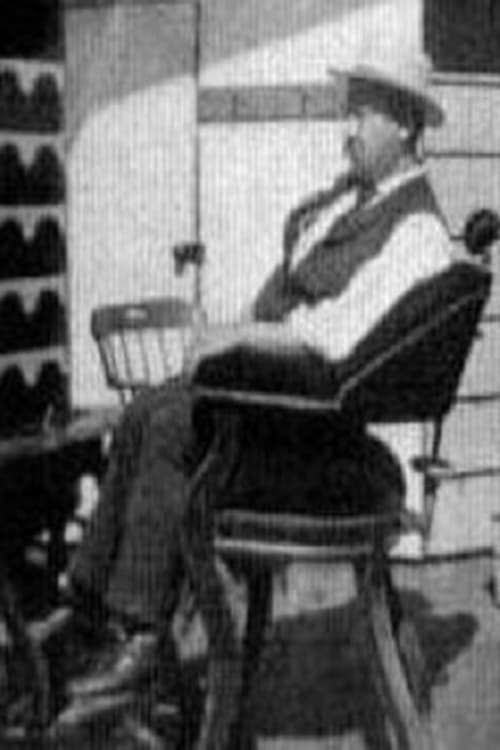Monkeyshines, No. 3 (1890)
장르 :
상영시간 : 1분
연출 : William K.L. Dickson, William Heise
시놉시스
Experimental film that follows up on the results of "Monkeyshines, No. 1" and "Monkeyshines, No. 2". Once again, an Edison company worker moves around in front of the motion picture camera. Lost film.

Experimental film that follows up on the results of "Monkeyshines, No. 1". Once again, an Edison company worker moves around in front of the motion picture camera.

Alleged silent black-and-white short film shot at Apsley Gate, Hyde Park, London. It was claimed to be the first motion picture until pre-dating footage shot by Louis Le Prince was discovered. It was never publicly shown and is now considered a lost film with no known surviving prints or stills.

Scene represents section of the interior of a Chinese Opium Den.

Formerly lost film rediscovered in 1996, directed by William Friese-Greene.

A lioness walks.

Moving picture of London's Trafalgar Square traffic, filmed with a kinesigraph.

An 1895 British short black and white silent comedy film featuring two drunken men and a boy squabbling in a small bar.

One of the pictures to be seen in the machine, for example, was that of a blacksmith shop in which two men were working, one shoeing a horse, the other heating iron at the forge. One would be seen to drive the nail into the shoe of the horse's hoof, to change his position and every movement needed in the work was clearly shown as if the object was in real (life). In fact, the whole routine of the two men's labor and their movements for the day was presented to the view of the observer.

The opening of the Kiel Canal in Germany by Kaiser Wilhelm II on 20 June 1895.

Shot of the flight of a fly.

A stationary camera, looking diagonally across a racetrack toward the infield, records the horses as they race past. Once they are out of view and the race is over, police officers run onto the infield. The crowd moves around.

Experimental film fragment made with the Edison-Dickson-Heise experimental horizontal-feed kinetograph camera and viewer, using 3/4-inch wide film.

Experimental film made to test the original cylinder format of the Kinetoscope and believed to be the first film shot in the United States. It shows a blurry figure in white standing in one place making large gestures and is only a few seconds long.

A charming representation of the Mikado dance by three beautiful Japanese ladies in full costume. Very effective when colored.

Plate 762 from Eadweard J. Muybridge’s Animal Locomotion (1884-86)

The last remaining film of Le Prince's LPCCP Type-1 MkII single-lens camera is a sequence of frames of his son, Adolphe Le Prince, playing a diatonic button accordion. It was recorded on the steps of the house of Joseph Whitley, Adolphe's grandfather.

The last remaining production of Le Prince's LPCC Type-16 (16-lens camera) is part of a gelatine film shot in 32 images/second, and pictures a man walking around a corner. Le Prince, who was in Leeds (UK) at that time, sent these images to his wife in New York City in a letter dated 18 August 1887.

Short film of two men fencers

In the background, five fans lean on the ropes looking into the ring. The referee is to the left; like the fans, he hardly moves as two fighters swing roundhouse blows at each other. Mike Leonard, in white trunks, is the aggressor; in black, Jack Cushing stands near the edge of the ring, warily pawing the air as Leonard comes at him. A couple of punches land, but the fighters maintain their upright postures.




